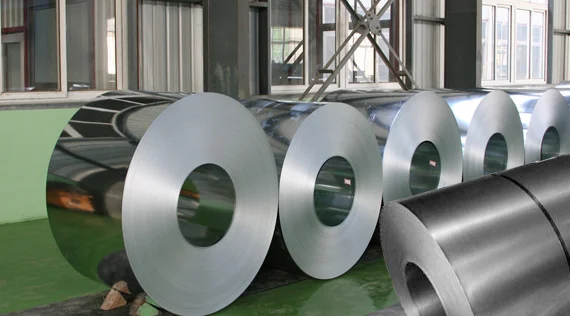Experts Call for Ban on Toxic Chemicals in Plastics
Plastic Recycling | 2025-02-28 05:12:04
To address the plastics pollution crisis, the safety and sustainability of plastics manufacturing must be improved.
SEATTLE (Scrap Monster): Researchers are calling for a substantial reduction in the number of chemicals used in plastics manufacturing, and a complete ban of chemicals known to be detrimental to both human health and the environment—in a new paper published by Cambridge University Press in Cambridge Prisms: Plastics.
Plastics pollution is a major threat to human well-being and planetary health. While plastics recycling is often presented as the answer to plastics pollution, the presence of toxic chemicals in plastics, which enter plastics at various stages of the manufacturing process intentionally and otherwise, means that this is not a viable solution.
To address the plastics pollution crisis, the safety and sustainability of plastics manufacturing must be improved. Policymakers need to make changes to global, regional, and national policies to reduce the toxicity present in the plastics life cycle and address chemicals at each stage of manufacturing.
The researchers identified five policy strategies to support a transition to safer, more sustainable plastics:
Improving reporting, transparency and traceability of chemicals in plastics throughout their full life cycle
Advocating for chemical simplification and group-based approaches to regulating hazardous chemicals
Implementing chemical monitoring, testing and quality control
Creating economic incentives that follow the waste hierarchy
Generating support for a just transition to protect people, including waste pickers, impacted throughout the plastics life cycle
Lead author Bethanie Carney Almroth, of the Department of Biological and Environmental Sciences and the Centre for Future chemical Risk Assessment and Management at the University of Gothenburg, Sweden, said, "To date, most policy negotiations have focused on the downstream aspects of the plastics lifecycle—how to reuse and recycle plastics, for example. However, before recycling of plastics can be considered a safe practice, the flaws in today's plastics manufacturing systems must be addressed."
Plastics contain a vast range of chemicals, including monomers, polymers, processing agents, fillers, antioxidants, plasticizers, pigments, microbiocides and stabilizers—and plastics production has already reached levels that threaten the stability of the Earth's functions. Moreover, the amounts and types of chemicals in plastics products varies, and there are few requirements for transparency and reporting.
"We need a compulsory, globally standardized mandate that ensures transparent reporting regarding the chemicals used in plastics, to facilitate a safer and more sustainable reuse, refill, repurpose and recycling market," said Carney Almroth.
Courtesy: www.phys.org
 By
By 